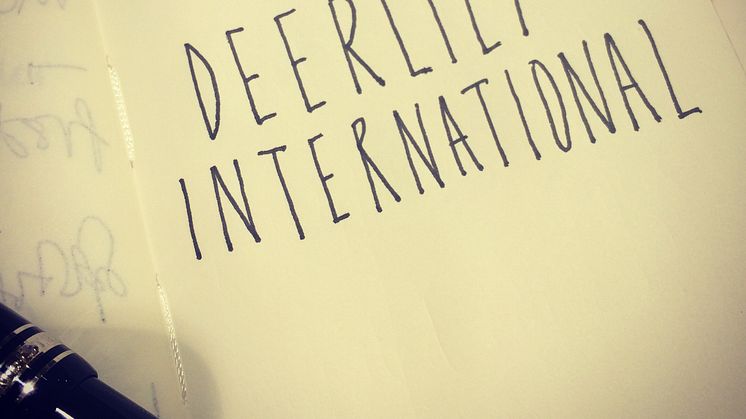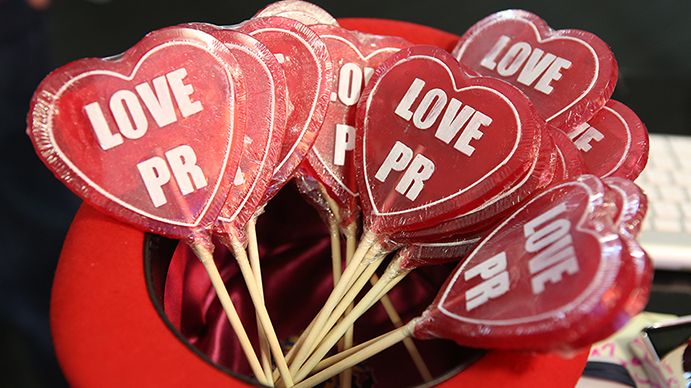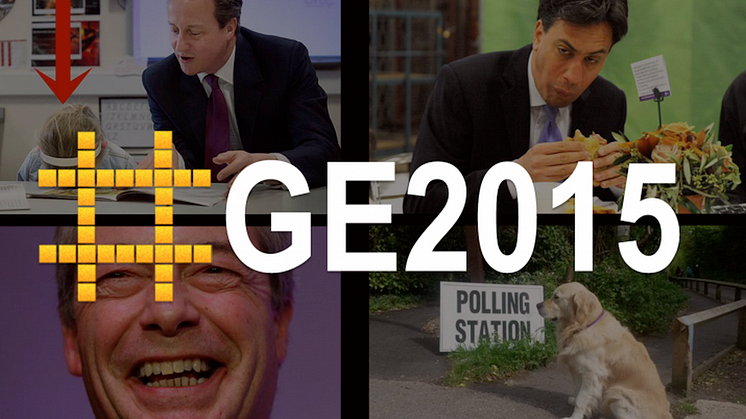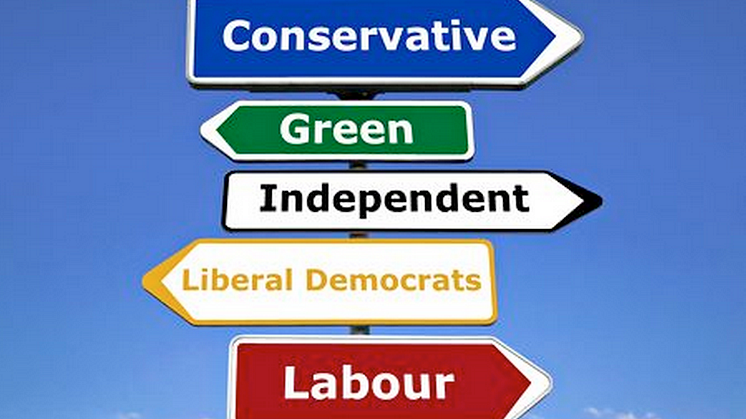
Blog post -
#WeArePR: Paul Sonkamble On Tools, Techniques & Tips
Paul Sonkamble is our first interviewee for the #WeArePR series, an exploration into the evolving world of communications through #PRTech.
What tools do you use at the moment for planning your PR strategy?
The day-to-day essentials are a dashboard-type product to get an overview of your efforts alongside audience outreach tools and platforms like Tweetdeck, Facebook Page manager or SoundCloud. Then you can understand growth and audiences to determine where to best spend your money.
I think my single biggest asset is my smartphone. Being super-new and super-independent, we’re running around, basically, the whole day. And we still need to be communicating with people. I think in terms of apps, I really love the dashboard stuff from Musicmetric and Next Big Sound.
Obviously, MyNewsDesk as well. I think that’s a really great hub for your content. It’s the place where all of our contacts and our press lists will live, and it’s the place where we can craft official announcements.
Is there anything you feel you just can’t achieve at the moment, with the tools that you’re using for your PR, day to day? Is there anything that’s just a real hassle?
As a management company, we would like to be able to post multiple images to multiple Instagram accounts, and there’s no easy solution to doing that right now. You have to have two phones, or log out and log in from another account, or run an emulator on your computer.
It’s bizarre that Facebook, who are so strong in their ad management, haven’t thought about a tool that would allow the management of multiple Instagram accounts. Maybe they are worried about ruining the authenticity.
What was the last big breakthrough that you had with the tools and techniques you use for PR?
Being able to navigate your way around Excel and manipulate the data. We do a lot with Spotify reporting in Excel, as well, and being able to understand what is still working well. That was quite an interesting thing, actually being able to understand, in Excel, our top performing listeners, and then starting to communicate with them in-flight by sharing relevant songs.
How do you find it effective to build enthusiasm in your team around new tools and products? How do you make sure they’re actually being used and useful?
That is a real challenge, certainly, in larger organisations, because the risk is investing in technology, doing a lot of work to get it ready, then handing it to a user base, and thinking your job is done. You need continue to listen and understand who the people using the tools are.
You need to demonstrate immediately the best way for people to work. I think you need to prove, from the get-go, that you’re making people’s lives simpler. If you can reduce clicks in any way, people will be happy with that.
Have you ever had any big disasters or failures or disappointments with new tools or new techniques that you tried to integrate?
Yes, exactly for the reasons we’ve just talked about. You can spend a long time crafting this really, really great tool without really understanding the person who will be using it on a daily basis. Those are the times when you make a really, really big mistake.
It’s nothing really to do with the tool itself, it’s the delivery. Often, tools in big companies need a lot of internal marketing for uptake.
Where do you think you get the best information and intelligence about how to do a good job on the PR and marketing?
We subscribe to music trade publications, but we don’t really like peer reviews—it’s just about following what we believe to be strong campaigns, and then trying to assess the real ROI, if we can.
There are campaigns that are purely to drive sales, but there are also ones that are like, “What can we do that’s going to have people thinking about the product or the band or the act or the release or the song?” So, the Internet is the kind of grand democracy for that. We can all follow a campaign. We can all see where it lives. That’s made learning very accessible.
How do you think tools and technology have changed media relations, specifically?
I think the ability to execute things much faster. Things are more conversational-based, rather than planning, planning, planning. Technology has enabled us to do a lot more things a lot quicker, enabling us to have an immediate communication, an immediate conversation.







